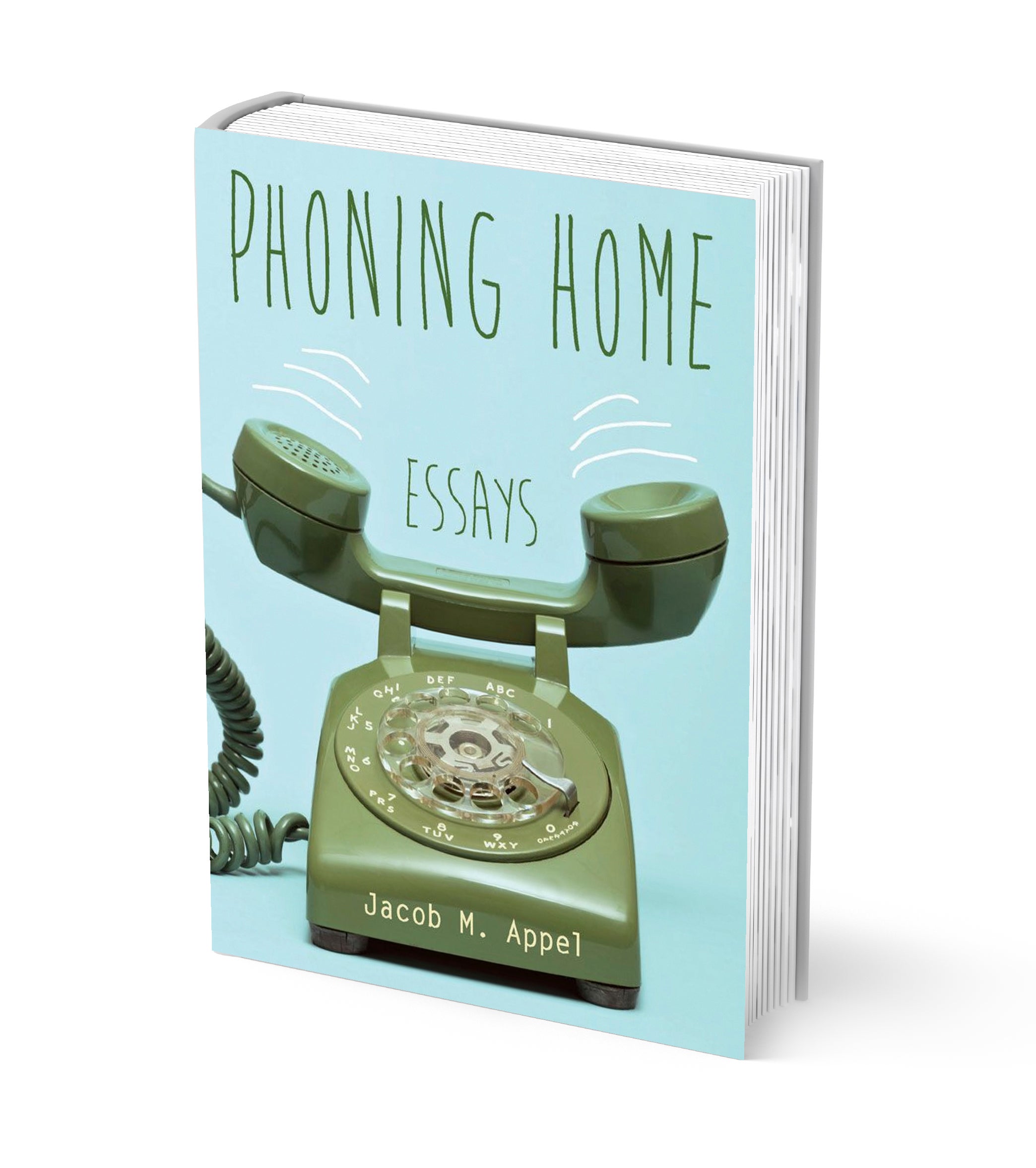HLS Books and Movies
“Phoning Home: Essays,” by Jacob M. Appel ’02 (South Carolina)
Tapping into his background as a doctor, lawyer, and bioethicist—and his personal background and family experiences—Appel writes on subjects ranging from his secret prank calling of his parents (in the title essay) to his favorite psychiatric patient (upon their final parting, they share a mutual desire never to see each other again). He also tackles social issues such as opting out of end-of-life medical care. Throughout, the author shares emotions and insights with a humorous and skeptical perspective.
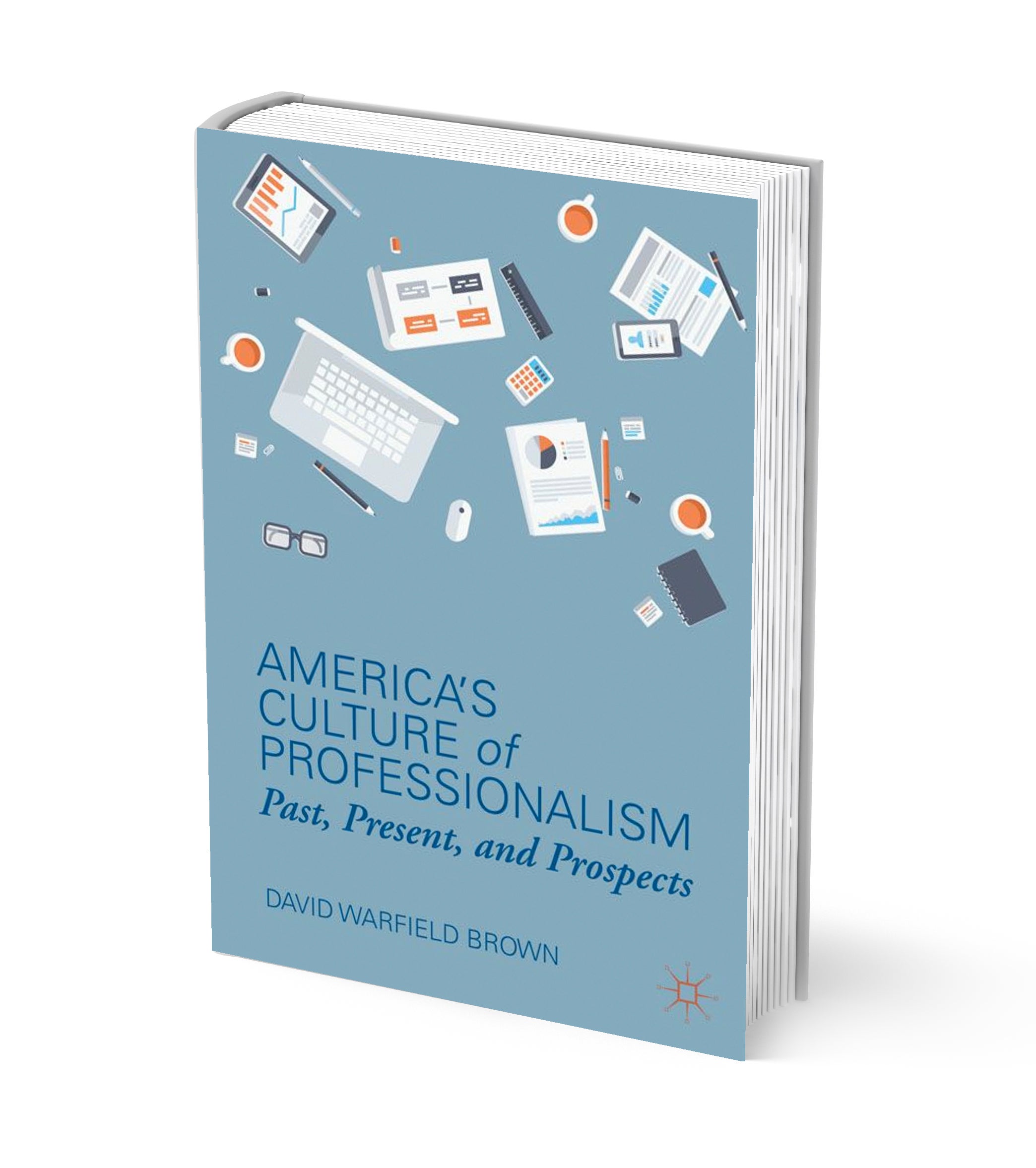
“America’s Culture of Professionalism: Past, Present, and Prospects,” by David Warfield Brown ’63 (Palgrave Macmillan)
A self-described “recovering professional” who left the practice of law, Brown critiques a professional culture oriented toward seeking status and commodifying knowledge. He contends that many professions, including the law, medicine and finance, primarily serve themselves. And too often experts expect to solve problems without citizen participation. Instead, he espouses “potluck deliberation”—citing jury deliberation as an example—in which citizens join experts to “find common ground where everyone has something to contribute and something to learn.”
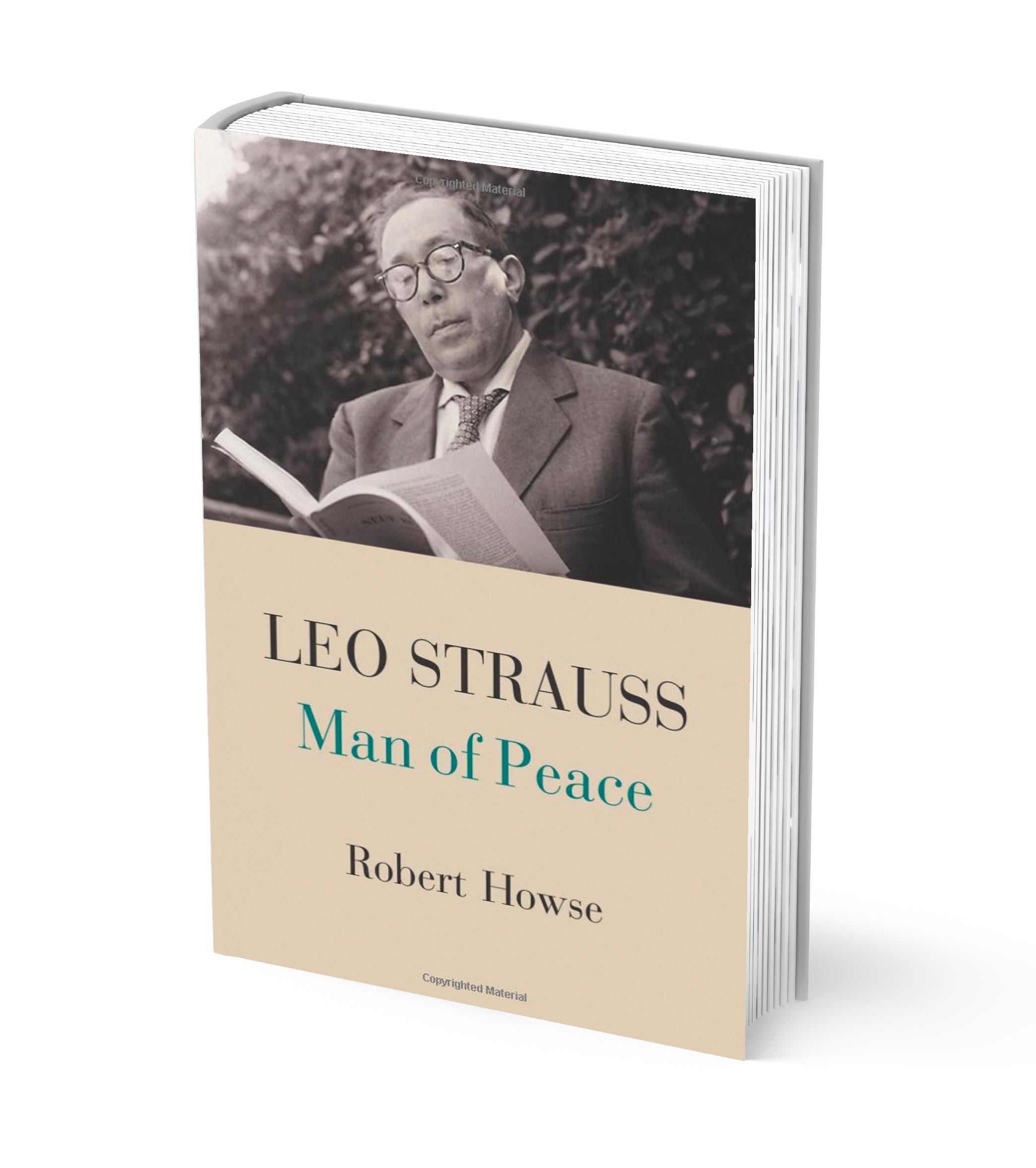
“Leo Strauss: Man of Peace,” by Robert Howse LL.M. ’90 (Cambridge)
To some, the title itself may be a misnomer for a book about a man accused of being a warmonger and regarded as the philosophical inspiration behind the Bush administration’s aggressive foreign policy. But Howse contests this view, citing Strauss’ letters, lectures and books to assert that he in fact held a strong preference for peace over war. His subject, Howse writes, abhorred power for power’s sake, opposed imperialism and nationalism, and “believed that what is most admirable in man transcends national and racial boundaries.”
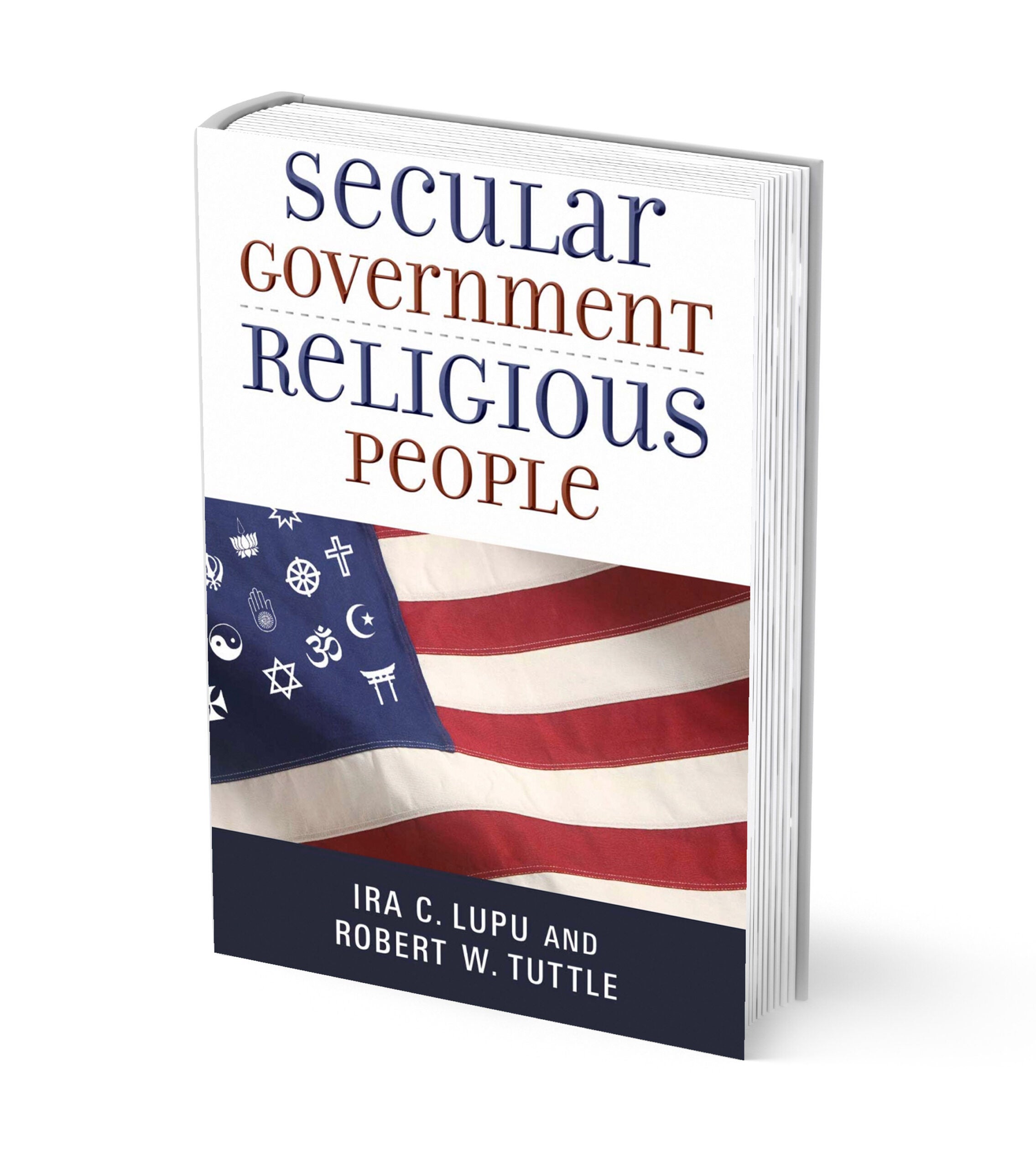
“Secular Government, Religious People,” by Ira C. Lupu ’71 and Robert W. Tuttle (Eerdmans)
Drawing on constitutional themes and legal history, the authors, both professors of law at George Washington University (Lupu recently retired), explore the relationship between civil government and religion. In the U.S., where people are among the most religious in the world, the government is secular but not hostile or indifferent to religion, they contend. The book covers such issues as government funding of religious institutions, religious activity inside government, and government accommodation of religious institutions and believers.
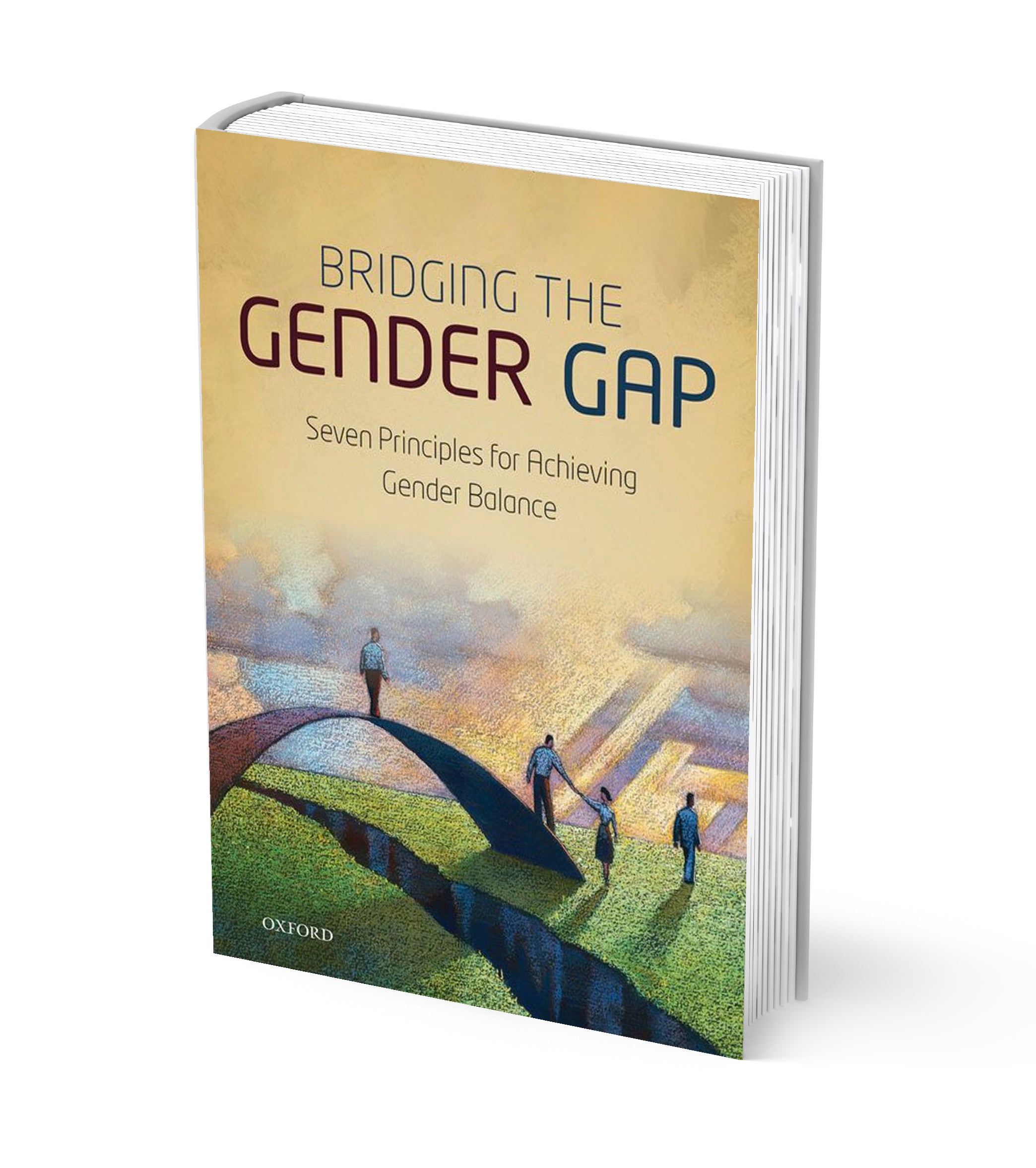
“Bridging the Gender Gap: Seven Principles for Achieving Gender Balance,” by Lynn Roseberry LL.M. ’92 and Johan Roos (Oxford)
Although many people claim a commitment to equality among men and women, they often make assumptions rooted in stereotypes about masculinity and femininity, according to Roseberry, a professor at Copenhagen Business School in Denmark, and its former president, Roos, who conducted interviews with university colleagues, corporate executives, and business managers that led to that conclusion. Through seven stories and corresponding guiding principles, the authors describe their vision of gender equality:
gender-integrated workplaces of all kinds, equal participation of men and women in child-rearing, and men and women sharing positions of power.
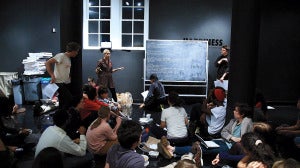
“Ivory Tower,” directed
by Andrew Rossi ’98
In this documentary, Emmy Award-nominated filmmaker Rossi casts a skeptical lens on the value of present-day higher education, exposing issues of educational access, tuition increases, growing student debt (now exceeding $1 trillion) and bleak job prospects for graduates. The film features interviews with students, faculty and administrators at campuses throughout the country, including at Harvard. It explores the limits of proposed alternatives to traditional higher education, such as Massive Open Online Courses and programs like UnCollege, which encourage students to “hack their education.” But it also calls into question the long-held assumption that a college degree is a path to a better life.
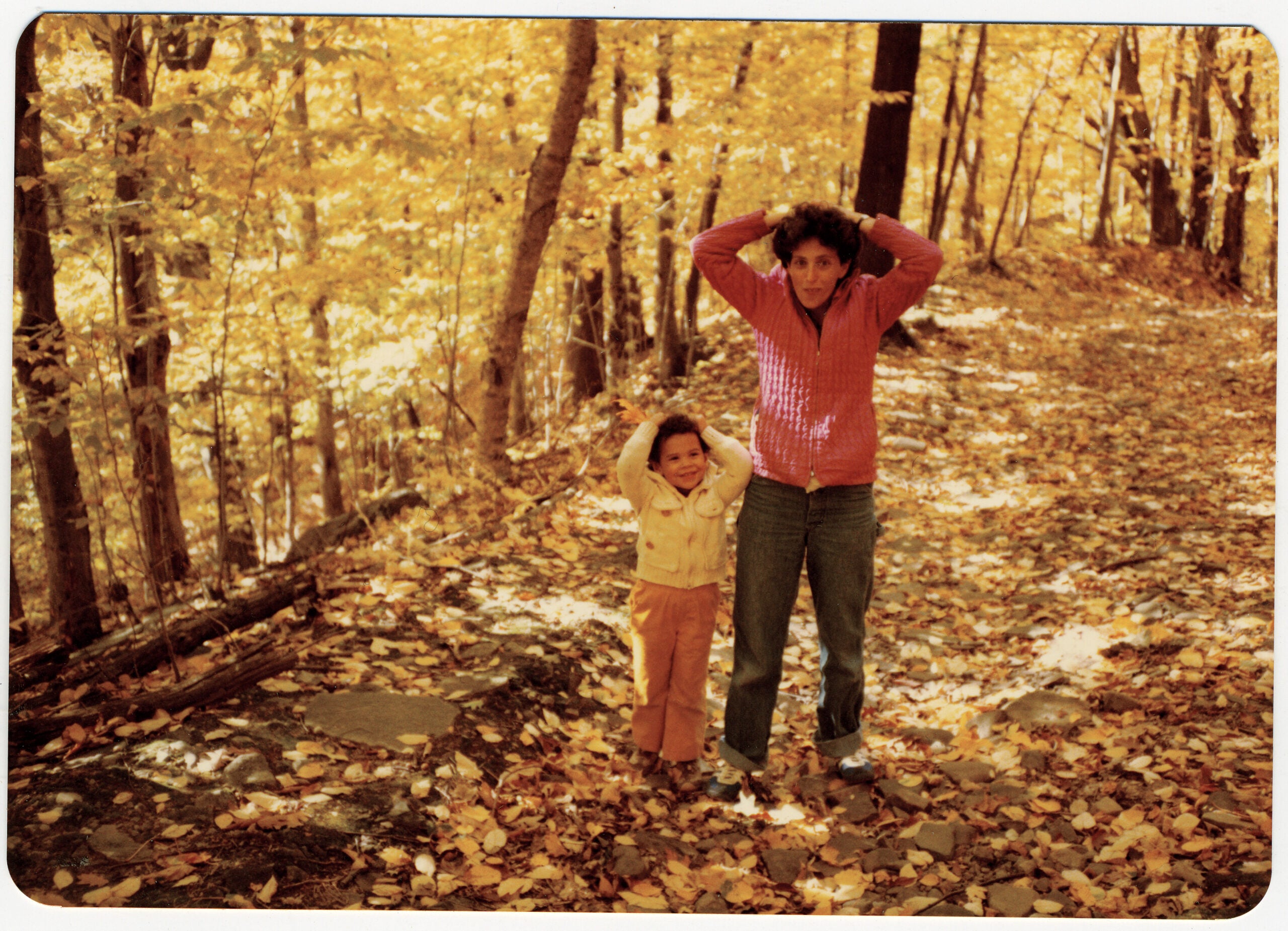
“Little White
Lie,” directed
by Lacey Schwartz ’03
A scene from “Little White Lie” shows Schwartz attending a Harvard Black Law Students Association meeting. The seemingly ordinary moment is part of an extraordinary journey for a black woman who, she said, “grew up believing that [she] was white.” The documentary, which is scheduled to air on PBS in the spring, traces a personal and sometimes painful story of a “nice Jewish girl” from Woodstock, New York, who discovers only in young adulthood that she is the product of her mother’s extramarital relationship with a black man. Including candid interviews between Schwartz and her parents, the film reveals the burden of secrets and the complications behind a seemingly ordinary family.
